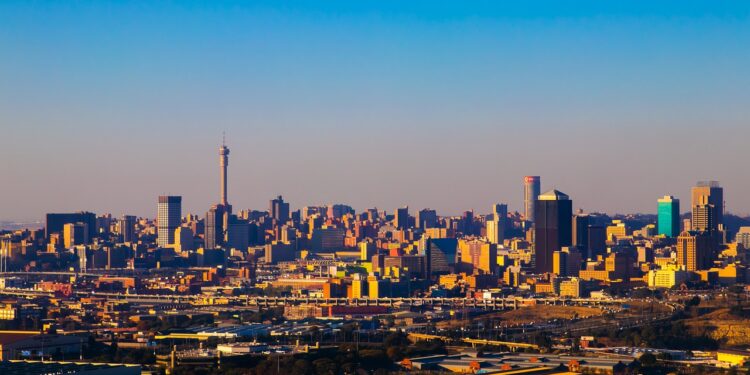The richest African cities are located in the top and fastest-growing economies on the continent, emboldened with burgeoning industrial infrastructures, advanced education system, easy access to financial incentives and support for entrepreneurs, and considerable working conditions and investment policies.
As of the early 1970s, most African countries had already been free from the colonial rule, thereby being able to determine their paths in pursuit of wealth and economic independence.
Most governments abandoned colonial wealth acquisition policies, like the agricultural and land policies that hindered Africans of African descent, who were the original wealth owners, from determining their economic fate.
The continent also imports more than it exports, which has weakened most of the national currencies. With inefficient of economic diversity and heavy reliance on agriculture as the backbone of the economy, raw materials are extensively exported cheaply to the global market, while importation cost of the produce remains extremely high.
It is true that Africans sit on a tapestry of natural resources that, if managed appropriately, can serve billions of people in the world for years. During the Industrial Revolution in the 18th century, to the period of scramble and partition of Africa in the late century, most European companies sourced their raw materials and labor from the continent.
Africa sits on huge deposits of valuable minerals, petroleum, and gas, from the hinterland to the seashores. Johannesburg, South Africa’s wealthiest city, was established on the cornerstones of the Witwatersrand basin, one of the biggest gold deposits in the world.
Africa is home to the fastest-growing economies, but it is worth noting that African economies have experienced slow growth due to poor governance and colonial proxies aiming at devouring, and exploiting natural resources at the expense of the impoverished owners.
The African richest cities’ indexing report is therefore ranked, based on the number of resident dollar millionaires, centimillionaires, and billionaires it boasts of.
A research study by Henley and Partners shows that Johannesburg, Cape Town, Cairo, Nairobi, and Lagos are among the cities with the highest number of high-net-worth individuals.
South Africa tops the list as the only country on the continent with the highest number of high-net-worth resident individuals, with at least seven cities appearing in the top 20 wealthiest African cities.
To the north of the continent, Egyptian, Moroccan and Algerian cities of Cairo, Casablanca and Algiers dominate the list with 7,200, 2800 and 1000 high-net-worth individuals, respectively. Cairo is the third wealthiest city, with Casablanca and Algiers straddling in positions nine and eighteen, respectively.
Kenya’s capital, Nairobi, has a whopping 4400 HNWI in the eastern part of the continent.
Dar es Salaam, Tanzania’s colonial city, boasts of 1,200 richest individuals, while Kigali, Rwanda, one of the fastest-growing cities in Africa, has 800 high-net-worth individuals. Kigali is also ranked the twentieth of all the top twenty wealthiest cities in Africa.
In the Southern Region of Africa, Johannesburg and Cape Town top the list, with at least five more cities in the top twenty. South Africa, being the 2nd richest country in Africa, is home to the highest number of dollar centimillionaires and billionaires.
Namibia, predominately enclosed by the desert, has 1200 considered wealthiest individuals in its Windhoek city, with at least two centimillionaires and nil recorded billionaires.
Lagos, previously Nigeria’s capital, is the wealthiest in the Western African continent, with 4,200 HNWI, followed by Accra, Ghana, with 1900 rich individuals. Luanda, Angola, the South African West African country, has at least 1500 high-net-worth individuals. Angola is a resource-rich country and one of the fasted developing country.
Gand Baie, the capital of Mauritia is the only island city featured on the top 20 richest African Cities. The city has 900 high-net-worth individuals, with a propitiously forecasted rapid economic growth rate in the future.







